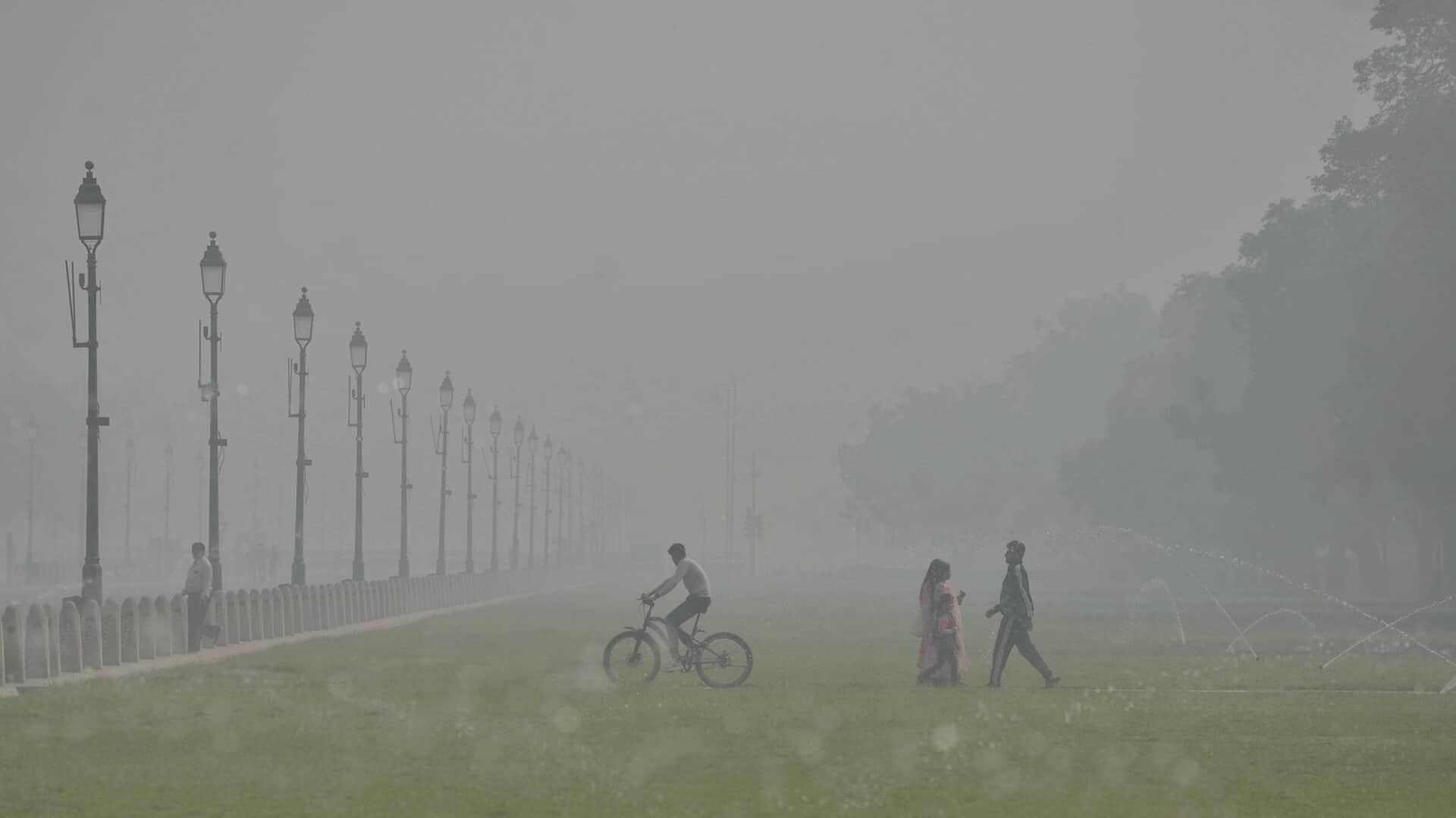
GRAP IV restrictions reimposed in Delhi-NCR: What's allowed, what's not?
What's the story
The Commission for Air Quality Management (CAQM) has reimposed the strictest Graded Response Action Plan (GRAP) Stage 4 restrictions in Delhi-National Capital Region.
The decision was taken late on Monday as the region's air quality worsened to the "severe" category.
The 24-hour average Air Quality Index (AQI) in Delhi increased from 379 at 4:00pm to over 400 by 10:00pm amid stagnant winds and an inversion layer restricting pollutant dispersion.
Restrictions
Construction ban and vehicle restrictions under GRAP Stage 4
Under GRAP Stage 4, a complete ban on construction activities is imposed, including public projects such as highways and power lines.
The entry of non-essential diesel trucks into Delhi is also banned. Vehicles carrying essential goods or running on LNG, CNG, electric, or BS-VI diesel are exempted.
Hybrid learning is compulsory for students of Classes VI to IX and XI in Delhi and select NCR districts such as Gurugram and Ghaziabad.
Measures
Work and education measures under GRAP stage 4
Public and private offices in NCR are to function at 50% on-site capacity, with the remaining staff working from home.
State governments may consider further measures such as shutting colleges and odd-even vehicle restrictions.
The CAQM's decision comes after a Supreme Court directive permitting relaxation of GRAP-4 restrictions earlier in December when air quality improved.
Health risks
Health risks and CAQM's role in managing air quality
The annual winter pollution crisis in Delhi-NCR is exacerbated by local emissions and external factors such as paddy-straw burning.
Doctors have warned that prolonged exposure to high pollution levels can worsen respiratory problems and increase the risk of cardiovascular diseases.
The CAQM continues to revise GRAP measures according to AQI levels to control the air quality during peak pollution seasons.